Product Name: Aluminum Forging
Product Type: Metal Forging
Material: Aluminum
Shape: Customized
Surface Treatment: Anodizing, Powder Coating, Spray Painting, Polishing
Production Process: Die Casting, Press Forging
Advantages:
1. High strength-to-weight ratio
2. Superior mechanical properties
3. Enhanced resistance to fatigue and wear
4. Tight dimensional tolerances
5. Cost-effective production
| Color | Silver |
|---|---|
| Material | Aluminum |
| MOQ | 1 Pcs |
| Sample | Available |
| Place of Origin | China |
Product Details
MINGYU Tech is a leading manufacturer of aluminum forged block for the construction industry. Our extensive experience and advanced forging processes allow us to produce strong and durable forgings for a variety of construction applications such as cranes, scaffolding and structural components. We also provide value-added services such as precision machining and surface treatment to meet customers’ specific requirements. We are committed to providing customers with quality products and excellent services.
The process of aluminum forged block involves heating aluminum billets to a specific temperature and then using a high-pressure press to shape the metal into the desired form. The heat and pressure rearrange the molecular structure of the aluminum, making it stronger and more resistant to wear and tear. The result is a product with superior strength, ductility, and fatigue resistance compared to other manufacturing methods.
One of the main advantages of aluminum forged block is its ability to produce parts with complex shapes and precise dimensions. This makes it an ideal method for creating lightweight yet strong components for applications that require tight tolerances and high-performance standards. aluminum forged block is also known for its cost-effectiveness. As the process does not require multiple steps or extensive machining, it reduces the overall production time and minimizes material waste. Additionally, the high strength-to-weight ratio of aluminum allows for the production of lightweight products, which can lead to reduced fuel consumption and CO2 emissions in industries such as automotive manufacturing.
| Place of Origin | China |
| Material | Metal Aluminium Steel Copper Brass |
| Process | Forging+machining+HT+finish Machining |
| Surface treatment | Polishing |
| Application | Machinery Parts |
| Product name | aluminum forged block |
| Certificate | TS16949/ISO9001 |
| Color | Customized Color |
| Quality Control | 100% Inspection |
| Lead Time | 11-31 Days |
| MOQ | 1 Piece |
| Supply Ability | 213271 Piece/Pieces per Month |
| Quantity (pieces) | > 571 |
| Lead time (days) | To be negotiated |
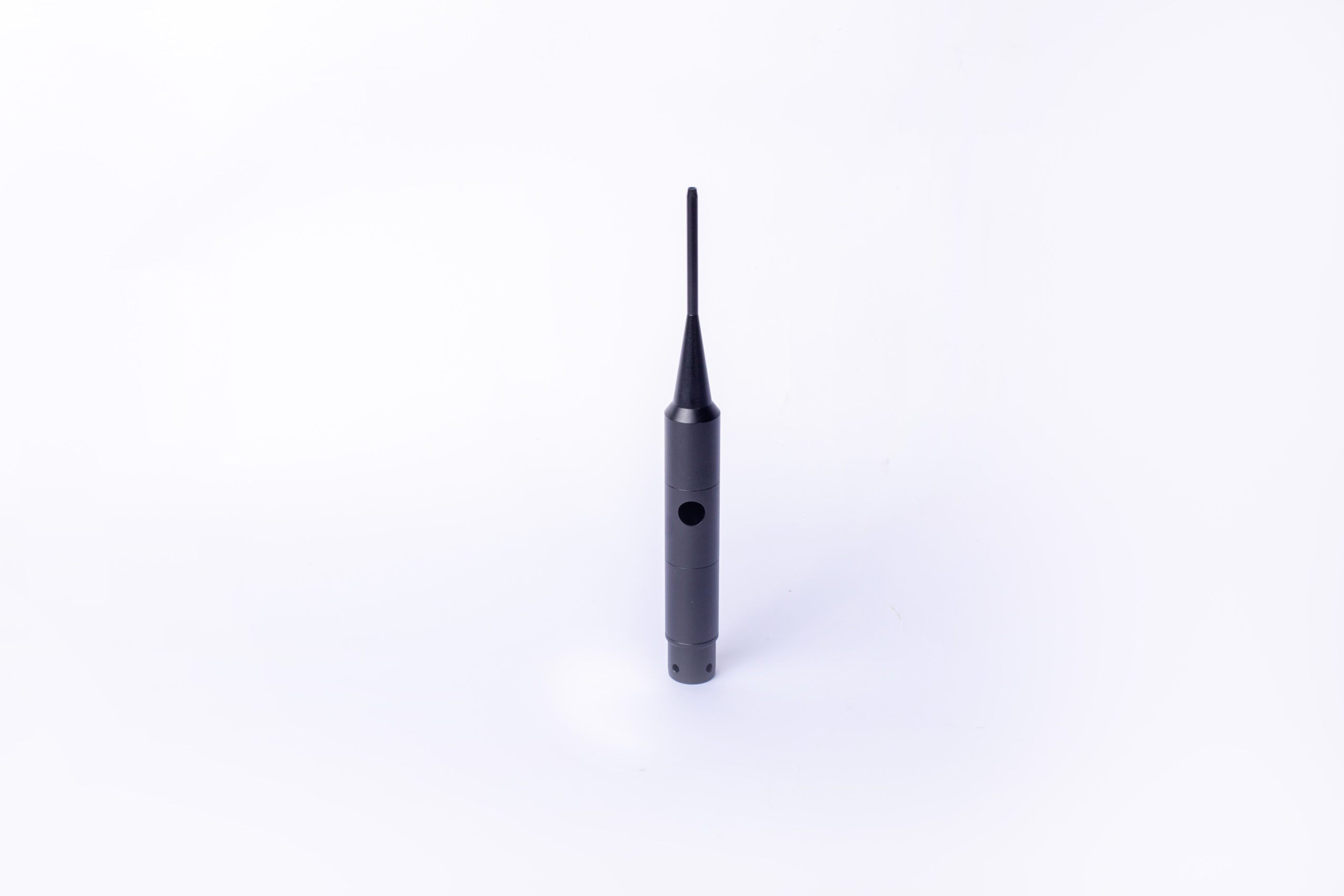
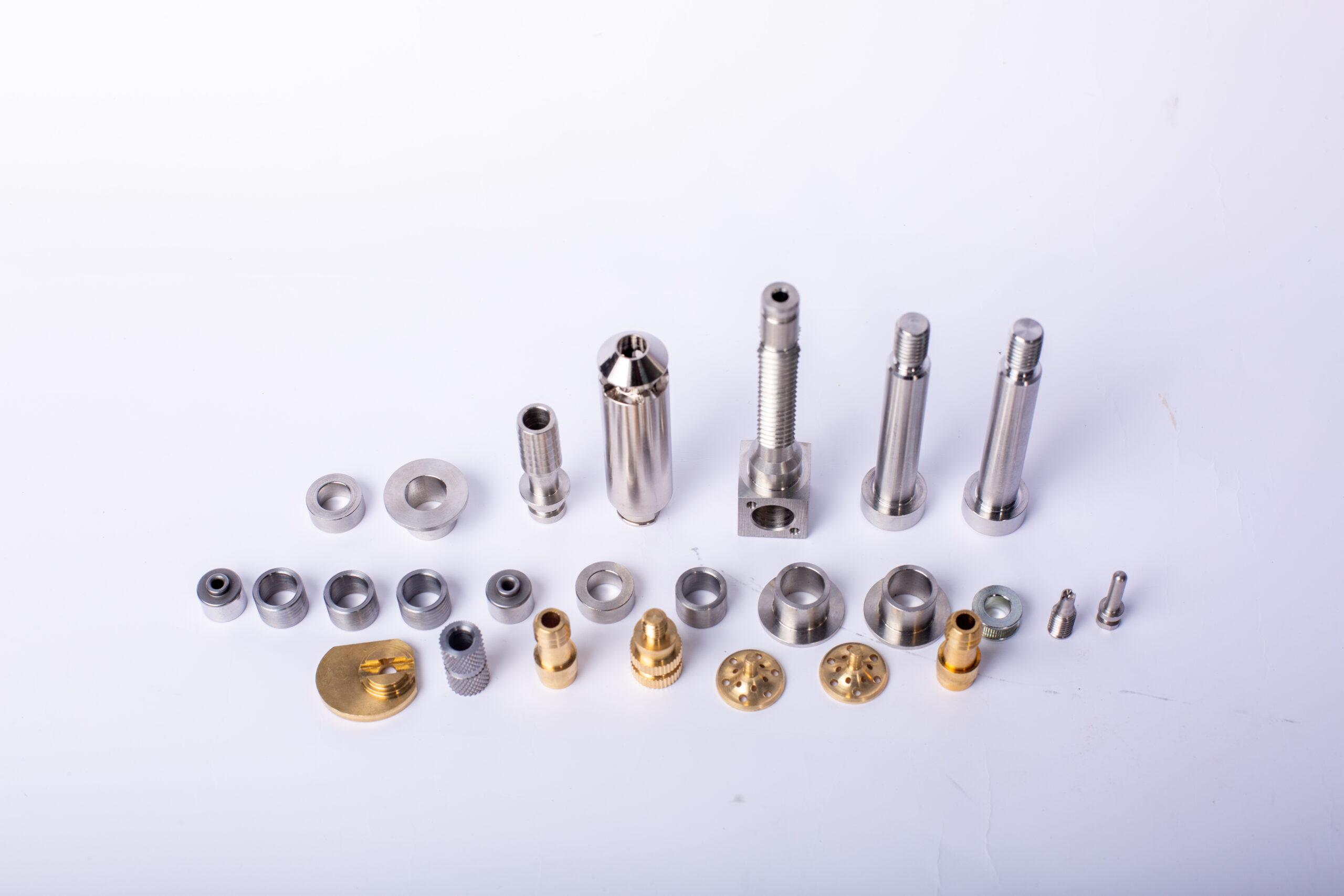
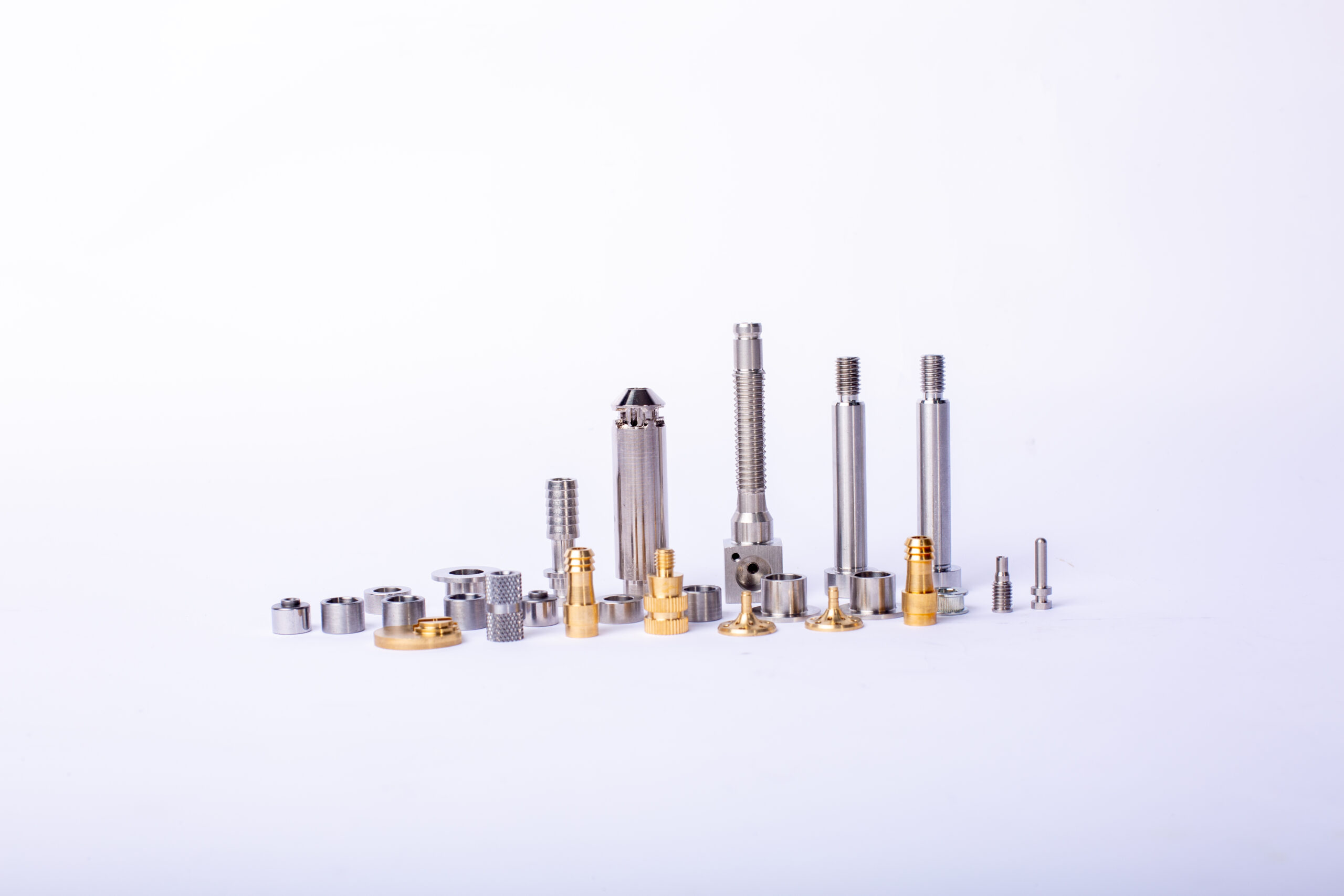
aluminum forged block FAQs Guide.
Our company is dedicated to providing high-quality aluminum forged block products to meet the needs of various industries. With advanced technology and skilled craftsmanship, we have become a leading manufacturer in the field of aluminum forged block. Our products are widely used in aerospace, automotive, and construction industries, just to name a few. We take great pride in our products as they are not only durable and reliable, but also lightweight and eco-friendly. Through this introduction, we hope to showcase the versatility and excellence of our aluminum forged block products. Thank you for choosing us as your trusted provider of top-notch aluminum forged block products.
1.About aluminum forged block overseas warehouse
Aluminum forging overseas warehouses are warehouses located in foreign countries that specialize in the storage and distribution of aluminum forgings. These warehouses are typically located in countries with a strong aluminum forging industry, such as China, India, and the United States. They provide a convenient and cost-effective way for companies to store and distribute their aluminum forgings, as well as to access the global market. The warehouses are typically equipped with the latest technology and equipment to ensure the highest quality of aluminum forgings.
2.What safety measures should be taken during the handling and transportation of hot aluminum forged blocks?
Our mission is to provide customers with the best solutions for aluminum forged block.
1. Wear protective clothing, such as heat-resistant gloves, long-sleeved shirts, and safety glasses.
2. Use appropriate lifting equipment, such as slings, chains, and hooks, to move the hot aluminum forgings.
3. Secure the hot aluminum forgings with straps or chains to prevent them from shifting during transportation.
4. Ensure that the hot aluminum forgings are properly insulated to prevent heat loss.
5. Monitor the temperature of the hot aluminum forgings during transportation to ensure that they do not exceed the maximum temperature limit.
6. Use a fire extinguisher in case of an emergency.
7. Ensure that the hot aluminum forgings are transported in a well-ventilated area.
8. Avoid contact with combustible materials while handling and transporting the hot aluminum forgings.
3.Can computer-aided design (CAD) be used in the aluminum forged block process?
We have broad development space in domestic and foreign markets. aluminum forged block have great advantages in terms of price, quality, and delivery date.
Yes, CAD can be used in the aluminum forging process. CAD software can be used to create 3D models of the parts that need to be forged, which can then be used to create the necessary tooling and dies for the forging process. CAD can also be used to simulate the forging process, allowing engineers to optimize the process and ensure that the final product meets the desired specifications.
4.What are the different heat treatment processes used for aluminum forged blocks?
We have a first -class management team, and we pay attention to teamwork to achieve common goals.
1. Solution Heat Treatment: This process involves heating the aluminum forging to a temperature above its solidus temperature and then rapidly cooling it. This process is used to improve the strength and hardness of the aluminum forging.
2. Aging: This process involves heating the aluminum forging to a temperature below its solidus temperature and then allowing it to cool slowly. This process is used to improve the strength and hardness of the aluminum forging.
3. Annealing: This process involves heating the aluminum forging to a temperature above its solidus temperature and then allowing it to cool slowly. This process is used to improve the ductility and machinability of the aluminum forging.
4. Stress Relieving: This process involves heating the aluminum forging to a temperature below its solidus temperature and then allowing it to cool slowly. This process is used to reduce internal stresses in the aluminum forging.
5. Normalizing: This process involves heating the aluminum forging to a temperature above its solidus temperature and then allowing it to cool in air. This process is used to improve the strength and hardness of the aluminum forging.
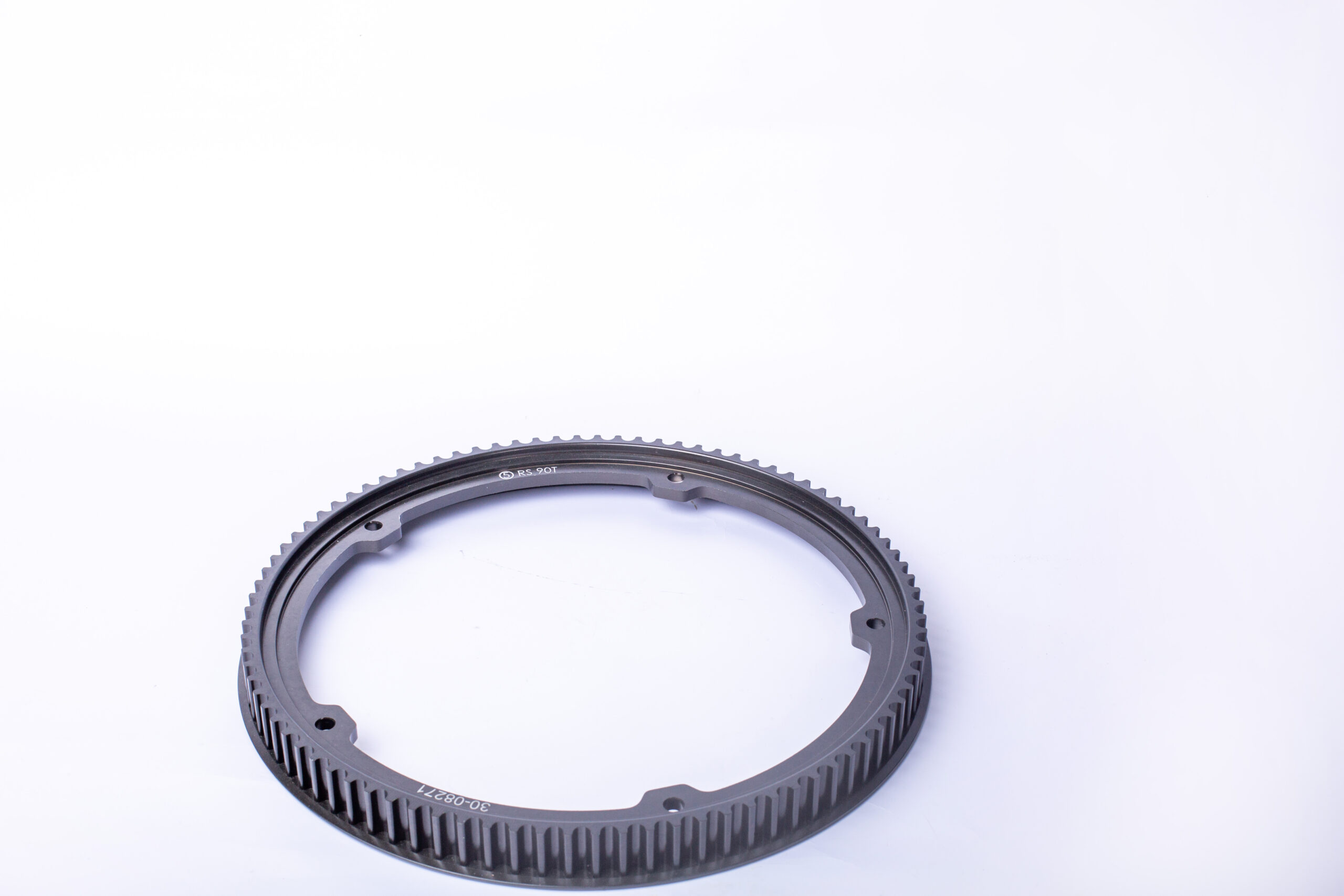
5.What factors affect the strength and hardness of aluminum forged blocks?
Our aluminum forged block products have competitive and differentiated advantages, and actively promote digital transformation and innovation.
1. Alloy composition: The alloy composition of aluminum forgings affects the strength and hardness of the material. Different alloying elements can be added to aluminum to increase its strength and hardness.
2. Heat treatment: Heat treatment is an important factor in determining the strength and hardness of aluminum forgings. Different heat treatments can be used to increase the strength and hardness of aluminum forgings.
3. Grain size: The grain size of aluminum forgings affects the strength and hardness of the material. Smaller grain sizes can increase the strength and hardness of aluminum forgings.
4. Stress relief: Stress relief is an important factor in determining the strength and hardness of aluminum forgings. Stress relief can be used to reduce internal stresses in the material, which can increase the strength and hardness of aluminum forgings.
5. Surface finish: The surface finish of aluminum forgings affects the strength and hardness of the material. A smoother surface finish can increase the strength and hardness of aluminum forgings.
6.What are the properties of aluminum that make it suitable for forging?
We have the leading technology and innovation capabilities, and attach importance to employee training and development, and provide promotion opportunities.
1. Aluminum is lightweight and strong, making it ideal for forging.
2. Aluminum has a low melting point, making it easy to shape and form.
3. Aluminum is corrosion-resistant, making it suitable for outdoor applications.
4. Aluminum is malleable and ductile, making it easy to work with.
5. Aluminum is a good conductor of heat and electricity, making it suitable for electrical components.
6. Aluminum is non-magnetic, making it suitable for use in sensitive electronic equipment.
7. Aluminum is relatively inexpensive, making it a cost-effective choice for many applications.
7.Can aluminum forged blocks be welded or brazed?
Being one of the top aluminum forged block manufacturers in China, We attach great importance to this detail.
Yes, aluminum forgings can be welded or brazed. However, it is important to note that aluminum is a difficult material to weld and requires special techniques and equipment. Brazing is often the preferred method for joining aluminum forgings, as it is less likely to cause warping or cracking.
8.About the scale of aluminum forged block factory
The size of an aluminum forging factory depends on the type of products it produces and the size of the orders it receives. Some aluminum forging factories may be small, producing only a few parts at a time, while others may be large, producing thousands of parts per day. The size of the factory also depends on the type of equipment used, the number of employees, and the amount of space available.
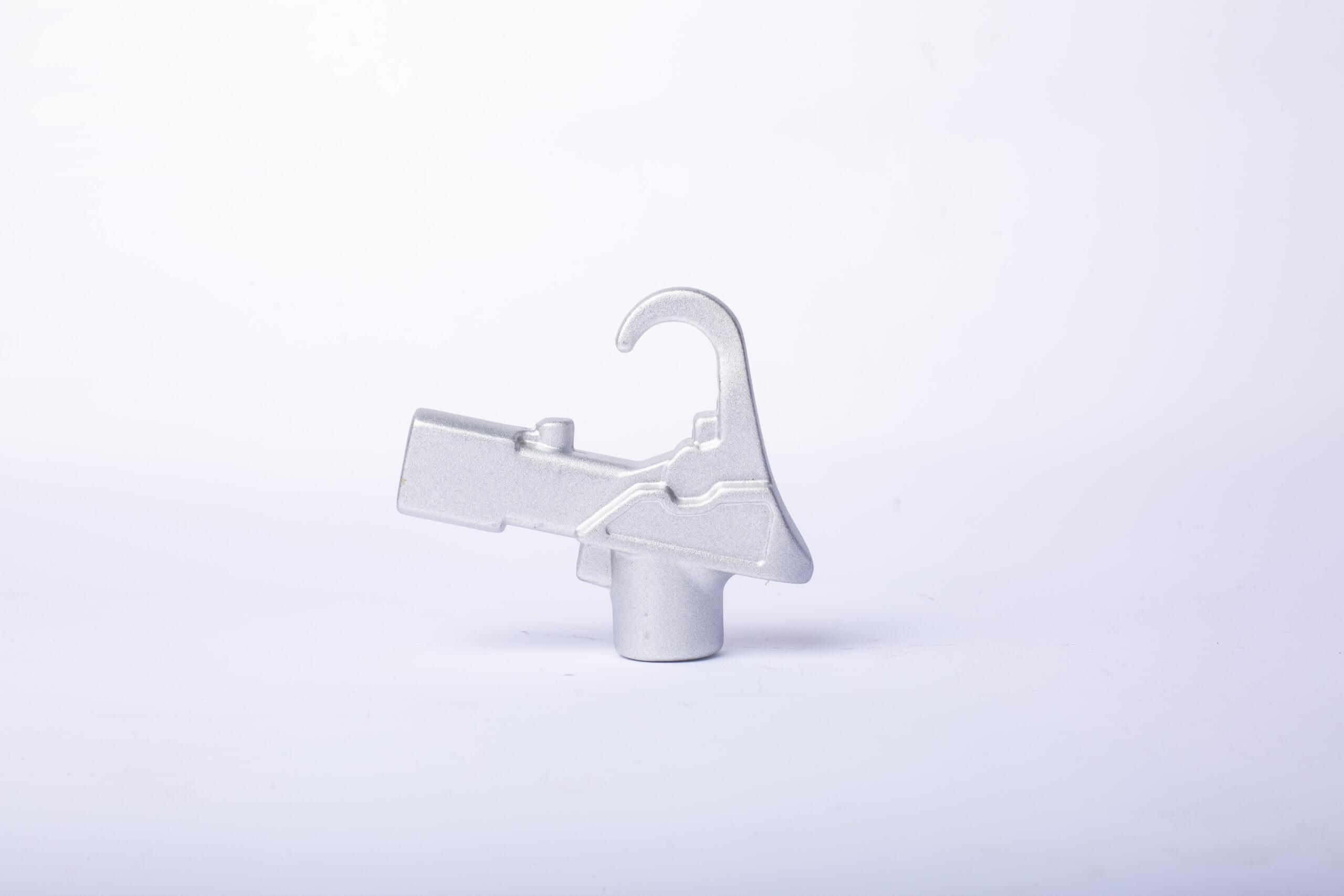
9.Is aluminum forged block suitable for mass production?
We are a professional aluminum forged block company dedicated to providing high quality products and services.
Yes, aluminum forging is suitable for mass production. It is a cost-effective and efficient process that can produce large quantities of parts quickly and accurately. It is also a strong and durable process that can produce parts with excellent strength and durability.
10.What are the key differences between open die and closed die aluminum forged block?
We continuously upgrade our skills and knowledge to adapt to changing aluminum forged block market needs.
Open die forging is a process in which a hammer or press is used to shape a piece of metal between two flat dies without completely enclosing it. This process is used to create large, custom-shaped parts. Closed die forging is a process in which a hammer or press is used to shape a piece of metal between two dies that completely enclose the metal. This process is used to create smaller, more precise parts with tighter tolerances.
11.Are there any differences in the mechanical properties of forged and cast aluminum?
We pay attention to the transformation of intellectual property protection and innovation achievements. Your OEM or ODM order design we have a complete confidentiality system.
Yes, there are differences in the mechanical properties of forged and cast aluminum. Forged aluminum is typically stronger and more ductile than cast aluminum, due to the forging process which increases the grain size and improves the mechanical properties. Forged aluminum also has a higher yield strength and tensile strength than cast aluminum. Cast aluminum is typically softer and more brittle than forged aluminum, and has a lower yield strength and tensile strength.
12.Are there any unique design considerations for aluminum forged blocks?
Yes, there are several unique design considerations for aluminum forgings. These include:
1. Designing for the grain structure of the aluminum: Aluminum forgings are produced by a process that creates a grain structure in the metal. This grain structure can affect the strength and ductility of the part, so it is important to consider when designing the part.
2. Designing for the forging process: The forging process can affect the shape and size of the part, so it is important to consider the process when designing the part.
3. Designing for the heat treatment process: Heat treatment is often used to improve the properties of aluminum forgings, so it is important to consider the heat treatment process when designing the part.
4. Designing for the machining process: Machining is often used to finish aluminum forgings, so it is important to consider the machining process when designing the part.
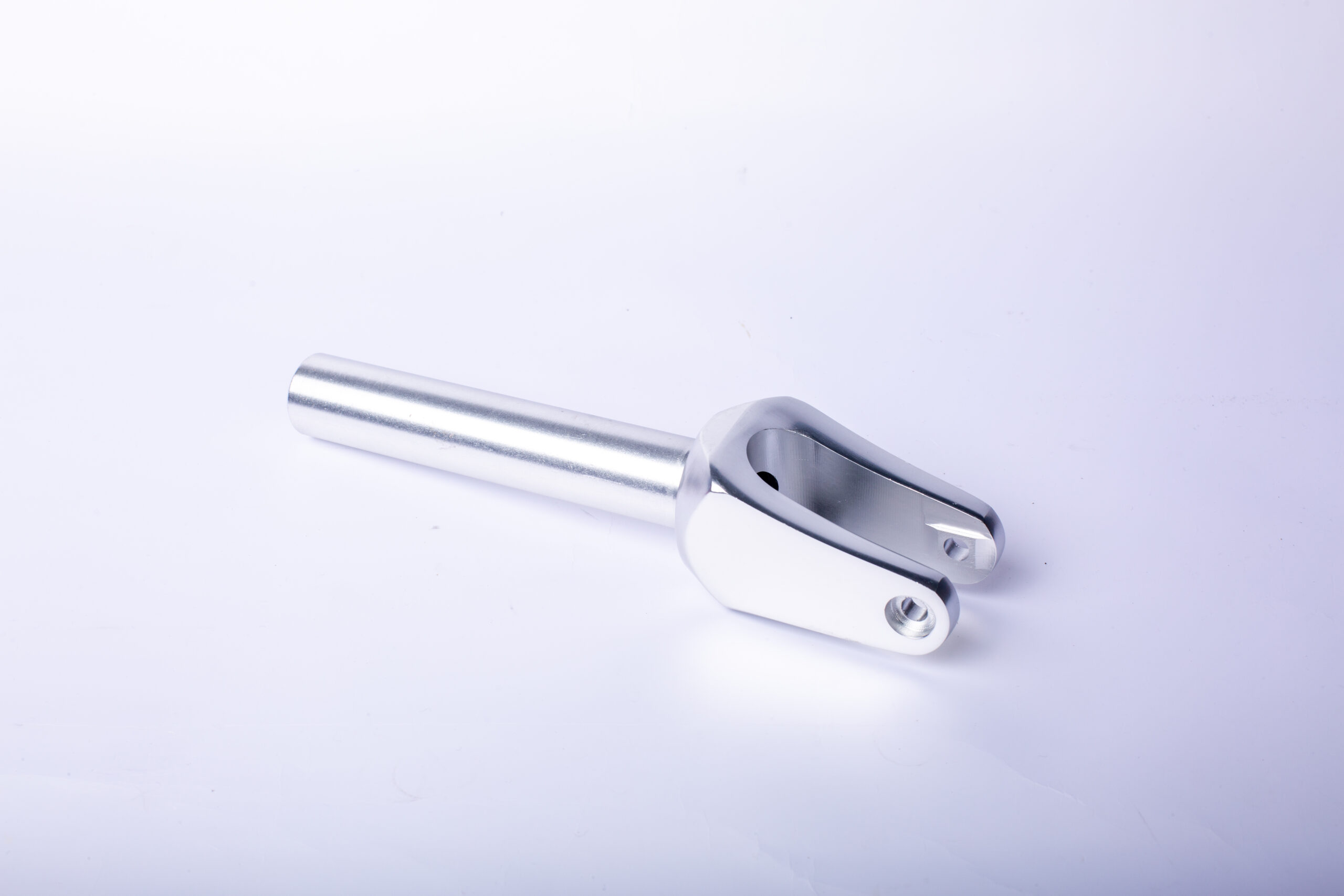
13.How does the shape and geometry of a part affect the aluminum forged block process?
The shape and geometry of a part can have a significant impact on the aluminum forging process. The shape of the part will determine the type of die that is used, the amount of force that is required to form the part, and the amount of time it takes to complete the forging process. Additionally, the geometry of the part will determine the amount of material that is required to form the part, the amount of time it takes to complete the forging process, and the amount of force that is required to form the part.
14.Can aluminum forged blocks be re-forged or recycled?
We have a good reputation and image in the industry. The quality and price advantage of aluminum forged block products is an important factor in our hard overseas market.
Yes, aluminum forgings can be re-forged or recycled. The process of re-forging involves heating the aluminum forging to a temperature that is suitable for reshaping and then using a hammer or press to reshape it. Recycling involves melting down the aluminum forging and then casting it into a new shape.
15.What is the typical lead time for aluminum forged block production?
We have a professional team that is committed to the innovation and development of aluminum forged block.
The lead time for aluminum forging production can vary depending on the complexity of the part and the size of the order. Generally, lead times range from 4-8 weeks.
Tag:aluminum forged wheel blanks,china forged aluminum 8 lug wheels,forged 7075 t6 aluminum,hand forged aluminum bowl,brass aluminum forge
Product Inquiry
We will respond within 12 hours, please pay attention to the email “@163.com” or “@alumforge.com”.
Also, you can go to the Contact Page, which provides a more detailed form, if you have more inquiries for products or would like to obtain OEM service.
Our sales experts will respond within 24 hours, please pay attention to the email with the suffix “@163.com”.